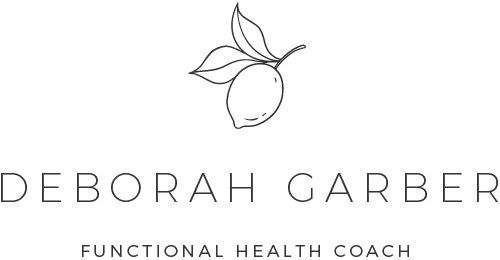Know your onions (and garlic)!
My three months on a low-FODMAP diet to combat SIBO taught me that it is possible to live without onions and garlic, but only just!
The allium family of vegetables has been celebrated throughout history as savoury vegetables, essential condiments and lifesaving medicine. Like many vegetables, onions are full of phytonutrients that have some pretty awesome health benefits. Dr Mark Hyman in his book “Food: WTF should I eat?” explains that the pale green-white colour of most of the alliums is caused by allicins, organosulfur compounds that have powerful anticancer, antitumour, immune-boosting and antimicrobial properties. They also contain antioxidant flavonoids like quercetin and kaempferol.
Sauteing or sweating onions creates the base for any soup or stew by releasing the aromatic flavours and imbuing the dish with a lovely sweetness. Sautéing simply means cooking them in a pan with butter, oil or another fat on a low heat until they are soft and tender. Some recipes call for cooking the onions until translucent while others stipulate cooking until caramelised or golden.
Spring onions are great in salads, red onions work wonders for salsa and garlic works well cooked or raw with just about everything.
For the sake of freshness and to avoid the pungent odour of leftover halves spreading through your fridge, it is worth buying smaller onions rather than the larger ones. The skin of the onion should be dry and flaky, avoid onions with brown spots on them. Onions keep well if stored in dark and well-ventilated places, preferably not in the fridge.
You may be interested to know that if you chop or crush garlic and let it rest for about 10 minutes before cooking it, you significantly increase its power to fight cancer and heart disease. This is because it releases antiplatelet enzymes that help prevent coronary artery blockages. Whole garlic cloves once cooked offer no heart benefit at all - but are very tasty nonetheless!

